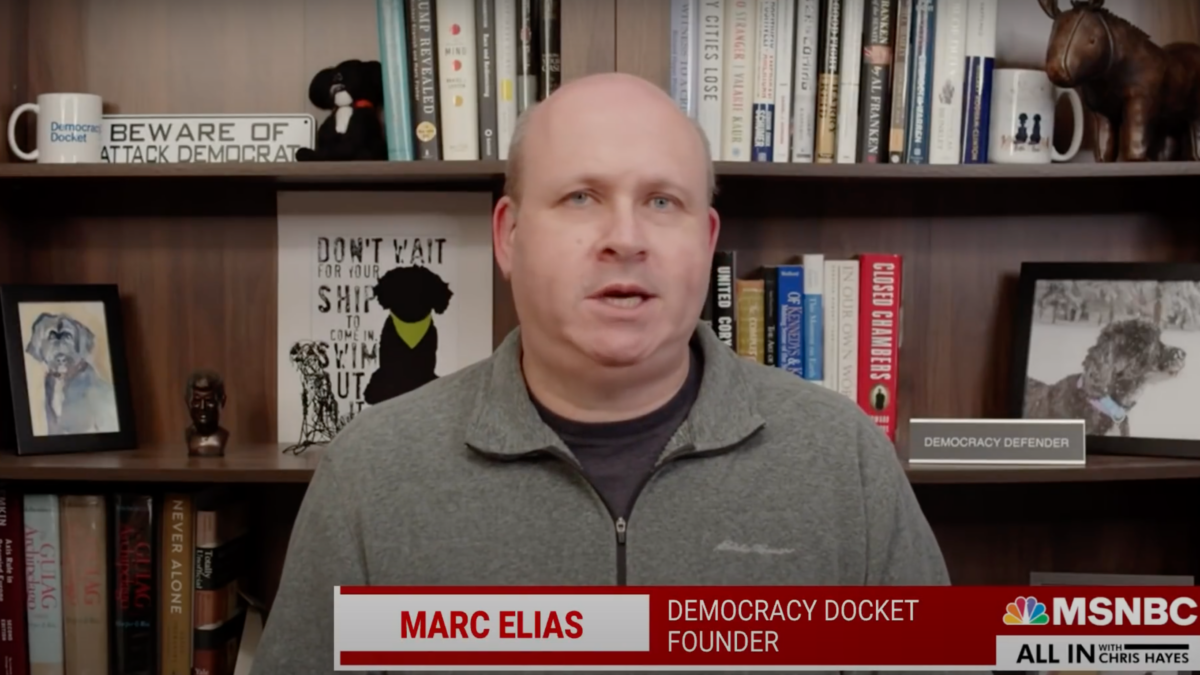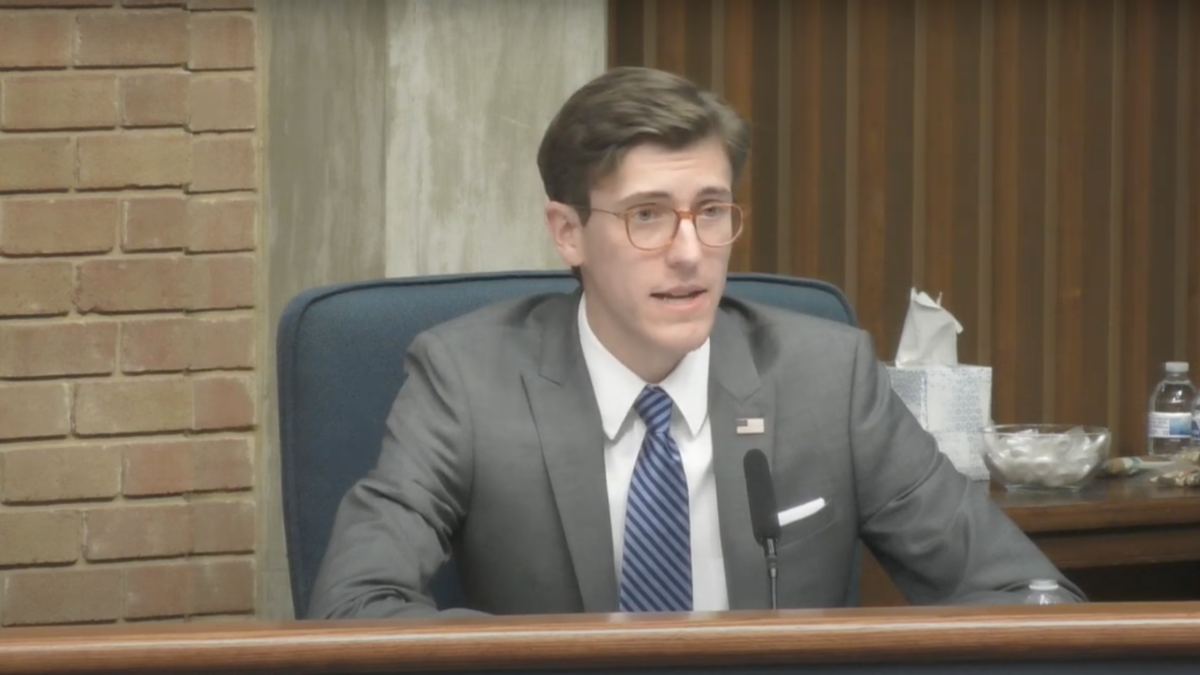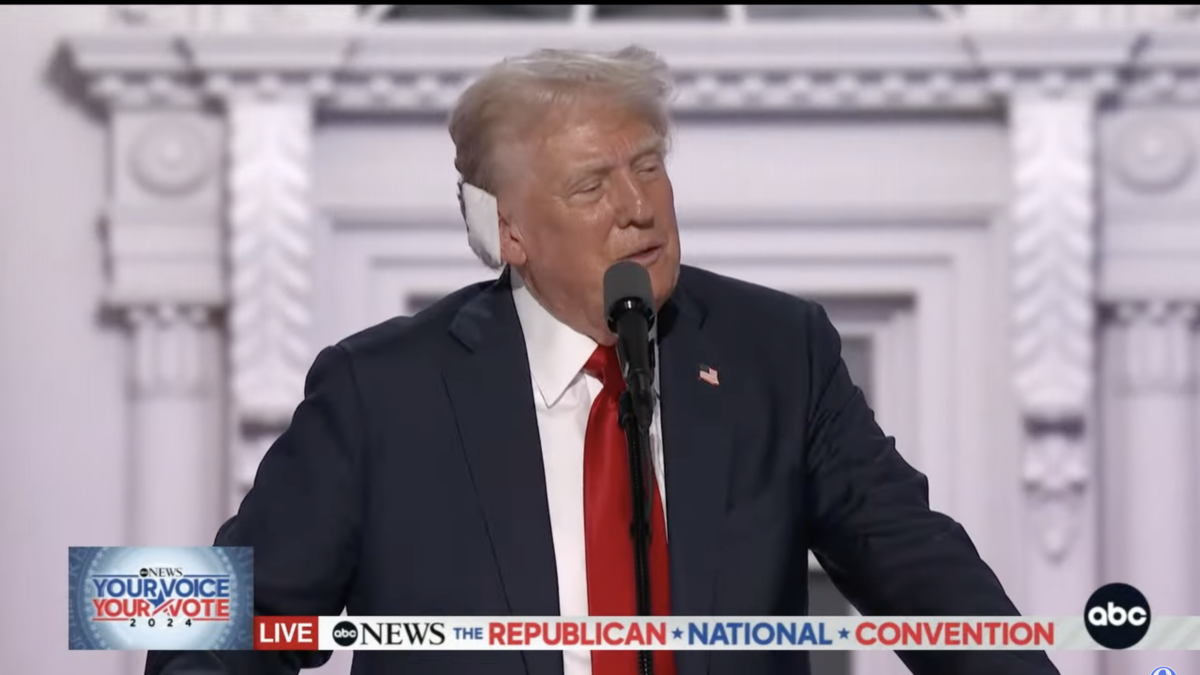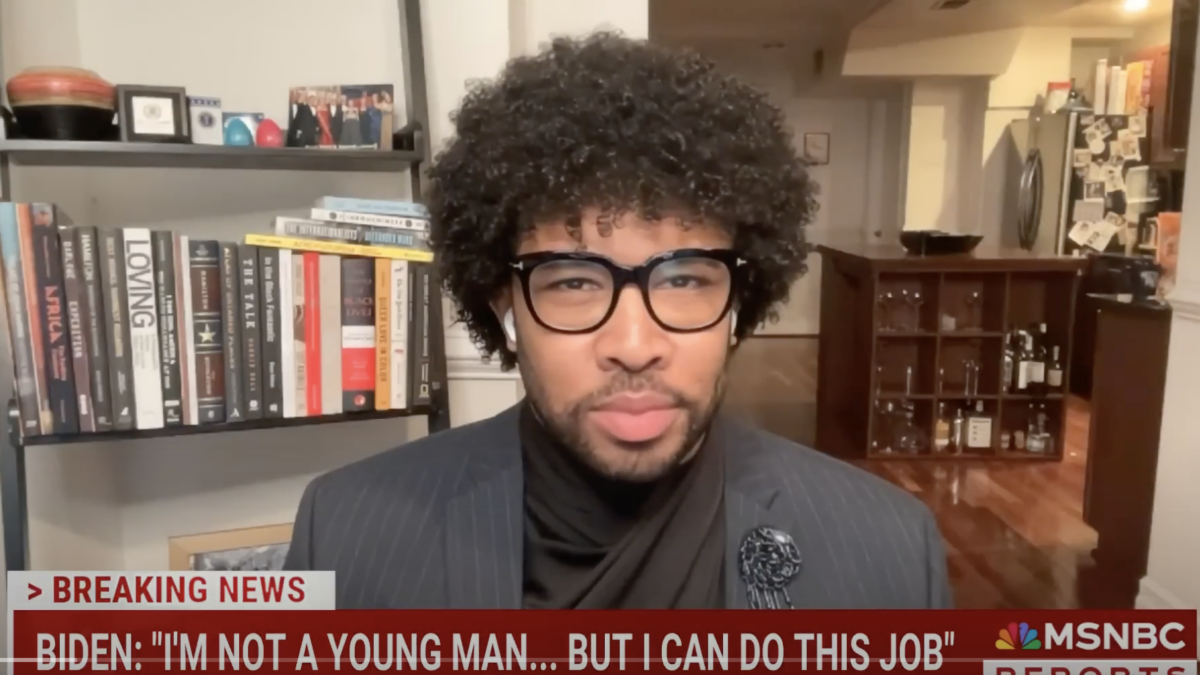A prominent Democrat law firm, founded by an architect of the Trump-Russia hoax, is suing to let foreign billionaires meddle in Ohio elections.
Ohio Republican Gov. Mike DeWine signed House Bill 1 on June 2, banning foreign nationals from spending money on state ballot measures. Elias Law Group, founded by Russia hoaxer Marc Elias, challenged the bill in court on June 27, according to The Associated Press.
Elias, while working for a law firm whose client was Hillary Clinton’s 2016 campaign, paid Fusion GPS for the infamous Steele dossier that accused former President Donald Trump of ties to Russia. He then peddled the dossier to bureaucrats and legacy media.
Elias founded the Elias Law Group in 2021 to do the bidding of Democrat politicians, according to Influence Watch. The group, along with the law firm Cooper Elliott, sued in the U.S. District Court for the Southern District of Ohio, claiming that the state’s election integrity measure would harm public discourse.
“All noncitizens are now threatened with investigation, criminal prosecution, and mandatory fines if they even indicate they intend to engage in any election-related spending or contributions — including to support or oppose ballot questions in virtually any capacity,” the lawsuit reads, according to the AP.
The Ohio law prohibits foreign nationals including green card holders, foreign political parties, foreign governments, and foreign businesses from contributing funding for “ballot issues or candidates.”
So perhaps Elias’ real issue with Ohio’s ban on foreign campaign funding is that it keeps Democrats from doing what he falsely accused Trump of doing. The law simply bans foreign funders from interfering in Ohio elections to boost partisan turnout.
Caitlin Sutherland, director of Americans for Public Trust, pointed out the hypocrisy of Democrats who pretend to care about “foreign interference.”
“For those following along at home, this means the attorney for a foreign billionaire is suing to make sure he can keep spending in Ohio,” Sutherland wrote on X about Elias’ client, Swiss billionaire Hansjörg Wyss. “I thought Dems said foreign interference is a problem?”
Compromised Interests
According to Influence Watch, Elias’ firm took $5 million from George Soros “sometime before 2016” to “challenge what left-wing activists allege to be restrictions that deter Democrats and left-wing constituencies from voting.” The firm also represented the left-wing dark-money behemoth Arabella Advisors in 2022.
Wyss — known as the “new Soros,” according to Bloomberg — has also given some $52 million through the Wyss Foundation to Arabella groups from 2010 to 2020. The groups have worked closely together over the years.
The Daily Caller revealed in 2016 that Wyss had given $41,000 to Democrat causes in 1998-2003, violating the federal ban on foreign nationals giving to campaigns. Americans for Public Trust filed a complaint in 2021 alleging illegal election interference from Wyss, the Wyss Foundation, and Arabella’s Sixteen Thirty Fund and New Venture Fund, and the Berger Action Fund, which was previously the Wyss Action Fund.
Wyss has also interfered in Ohio elections, reportedly funding groups that sent a total of $3.9 million to help codify a supposed right to abortion in the state’s constitution. The ballot measure passed in November.
So essentially, a lawyer for Wyss’s interests is now suing to return the levers of power in Ohio to people like the foreign billionaire. Wyss clearly has political aims, as the Wyss Foundation worked with John Podesta, former adviser to President Barack Obama, in 2015 to expand the Democrat voter base with election policy.
The Elias’ Law Group’s suit is not about fair treatment for foreigners residing in America. It is simply a desperate power grab for the dark-money influencers that seek to co-opt American elections for their own ends.
This bill overcame plenty of conflict to become law. Now Elias’ firm hopes to undo this protection for Ohio voters. Like some of Elias’ previous work, the judge in this case should treat it as an “absurd interpretation” of the law for partisan ends.








